Videos & Images
The KAUZ videos and images explain complex topics related to the social-ecological transformation in simple ways. They are ideal as an introduction for workshops, debates and as educational material that motivates to go deeper, and to take action.
Why is it almost impossible not to live at the expense of others? What are the consequences of our standard of living and how do we transfer these costs, e.g. to people in the Global South or to future generations? By addressing the fundamental, structural conditions which contribute to the climate crisis, worker exploitation, biodiversity loss, wars over resources, and massive inequalities worldwide, we can start to do something different.
KAUZ explains in this video the concept of the Imperial Mode of Living with the example of car mobility.
Already here and today, people create the basis for a Good Life for All. People all over the world are committed to a peaceful, democratic, ecologically sustainable coexistence free of exploitation, violence and discrimination. The principles of living together in solidarity show themselves in very different ways in projects and initiatives.
In this video, KAUZ explores, what a Solidary Mode of Living could look like. The Solidary Mode of Living is the counter-model to the Imperial Mode of Living.
Global Care Chains signify that people from countries with low-income levels perform care work in countries with higher-income levels. Global Care Chains are a problematic solution to an increasingly pressing problem: the precarious working conditions of caregivers. Global Care Chains are politically established and channelled via migration systems. They stabilize the existing care system and gender relations and only seem to solve the problem of care shortages in wealthier countries. Like natural resource exploitation, peripheral countries are also deprived of vital resources through care migration.
Corinna Dengler is a feminist ecological economist and degrowth scholar activist based in Vienna. She explains that when we talk about the economy we usually refer to the monetized economy, the visible tip of the iceberg so to say. It is visible because it is counted in GDP. What we do not see, however, is the underwater part of the iceberg – a considerable larger part without which we could not exist. The underwater part of the economy, I call it “the non-monetized economy of social-ecological provisioning” consists of unpaid care work and nature. Both constitute the invisible foundation of our economies and societies. However, our current economic system, a capitalist growth paradigm, gives value only to what is counted – or countable – in GDP. This is the reason, why it is important to think the care and climate crisis together. There are structural similarities of the devaluation of female-coded care work and the destruction of nature that leads to the climate crisis.
Ana Marija Sikirić Simčić, an assistant professor at the Faculty of Economics and Business, University of Rijeka, presents the concept of gender-responsive budgeting, its examples, prerequisites and research in Croatia.
This video is collaboratively produced by KAUZ – laboratory for Climate Work and Future and Stay Grounded. It shows, why we need to reduce air traffic, explains what a Just Transition means and gives positive examples of such a Just Transition. You find further information and the discussion paper on the degrowth of aviation on the website of Stay Grounded!
Periferic rural areas are often suffering from people and capital moving towards the centers. As an answer to this, a social movement emerged in the alpine valley Obervinschgau / Alta Val Venosta (Italy / South Tyrol, at the border to Swiss and Austria). For about 10 years diverse actors have been jointly engaging for solidary and sustainable modes of living and production. Armin Bernhard reports from their experiences, struggles, vision, creative tactics, and strategies. He is currently the president of the Citizen Cooperative Obervinschgau / Alta Val Venosta.

Discover all our media
Videos
Podcasts
Microlearnings
Updates
Podcasts